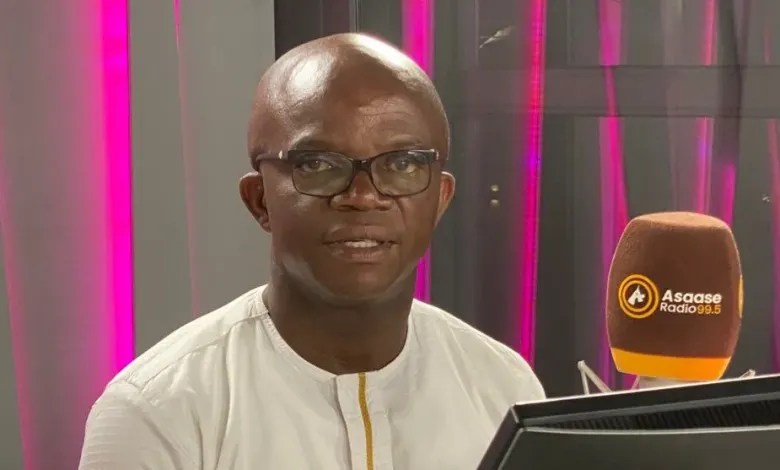Show us the data – Dr. Stephen Amoah challenges NDC’s economic growth claims

Former Deputy Finance Minister and Nhyiaeso MP, Dr. Stephen Amoah, has questioned the credibility of the National Democratic Congress (NDC) government’s claims of economic improvement, just four months into its tenure.
Speaking on Wontumi Radio’s morning show, Dr. Amoah cast doubt on the NDC’s ability to effect significant economic progress in such a short time, suggesting that any perceived gains were likely the result of initiatives and policies left behind by the previous administration.
“How could the NDC have improved the economy within four months of coming into power?” he asked.
“The government needs to showcase the independent variables that have generated economic growth in the country over the past three months in 2024.”
He further criticized the government for what he described as minimal economic expenditure, arguing that there hasn’t been enough public spending to drive genuine growth. In his view, this undercuts any claims of rapid recovery or transformation.
Dr. Amoah also took aim at the NDC’s apparent focus on forming boards rather than outlining a clear economic direction. “The government’s recent focus on commissioning boards indicates a lack of preparedness to manage the country’s economy effectively,” he said.
Meanwhile, the Ghanaian cedi is still showing signs of sustained strength against major international currencies, according to the latest interbank exchange rates released by the Bank of Ghana.
As of the close of business on Thursday, May 22, 2025, the cedi traded at:
- GHS11.6242 (buying) and GHS11.6358 (selling) against the US dollar
- GHS15.6090 (buying) and GHS15.6257 (selling) against the British pound
- GHS13.1157 (buying) and GHS13.1287 (selling) against the euro
These figures reflect a relatively stable performance by the local currency amid ongoing economic adjustments and efforts by the central bank to maintain monetary stability.
Market analysts suggest that the cedi’s firm stance may be attributed to improved foreign currency inflows, a disciplined fiscal environment, and the Bank of Ghana’s strategic interventions in the forex market.



